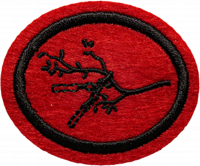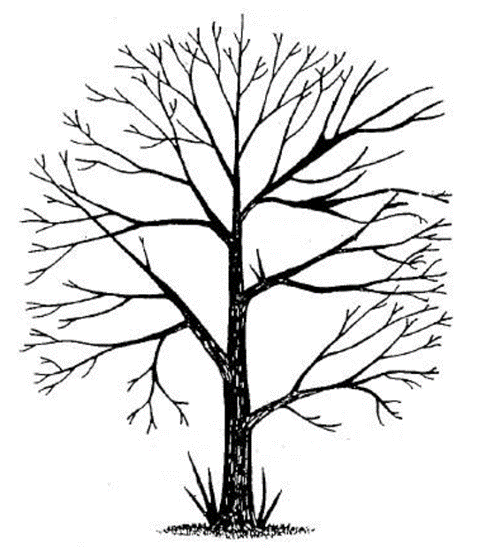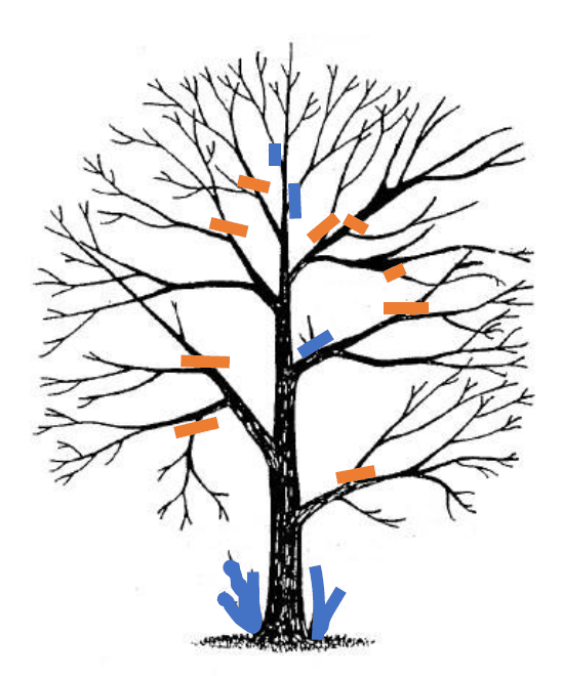AY Honor Arboriculture Answer Key
From Pathfinder Wiki
< AY Honors | ArboricultureAY Honors/Arboriculture/Answer Key/en
1
Define the following terms:
1a
Arboriculture
1b
Arborist
1c
Arboriculture industry
2
Draw and identify the components of the following:
2a
Trunk cross section
2ai
outer bark
2aii
phloem
2aiii
cambium
2aiv
sapwood (xylem)
2av
heartwood
2b
Twig anatomy
2bi
terminal bud
2bii
bud scales
2biii
lateral bud
2biv
lenticels
2bv
leaf scar
2bvi
ring of bud scale scars
2bvii
internode
2bviii
node
2bix
bundle trace
2bx
pith
3
Name five plant characteristics used to identify trees.
4
Explain the benefits of mulching and how to properly apply it around trees and shrubs.
5
Describe the principles of water conservation and hydrozone planning.
6
The three main components of fertilizer are: Nitrogen (N), Phosphorus (P) and Potassium (K). Explain why different ratios of these basic components would be required in different situations.
7
List five characteristics to consider when selecting trees from a tree nursery and for a planting site.
8
Interview a local certified arborist or tree expert about different planting techniques used in your area.
10
Name two types of tree support systems installed by arborists.
11
List the most common diseases, insect problems and invasive species in your region and categorize them by severity.
12
Understand the philosophy of Plant Health Care (PHC). Develop a PHC plan for a mature, high value tree in your area.
13
Practice filling out a commonly used Tree Risk Assessment Form for a mature tree with your instructor. As a service project, use your knowledge to fill out a form for a second tree at your school, church or local park.
14
Research how trees can be injured or destroyed as the direct or indirect result of construction damage and present your findings to a group.
15
Give a presentation on the importance of Urban Forestry in your local rea or the nearest urban area in your region. Be creative.
16
Make a significant list of necessary Personal Protective Equipment (PPE) for conducting the following types of work: Urban Forestry, Arboriculture.
17
Be able to identify three types of ropes and tie three knots used by tree care workers.
18
Discuss the spiritual application of John 15:2 considering what you have learned in this honor.




